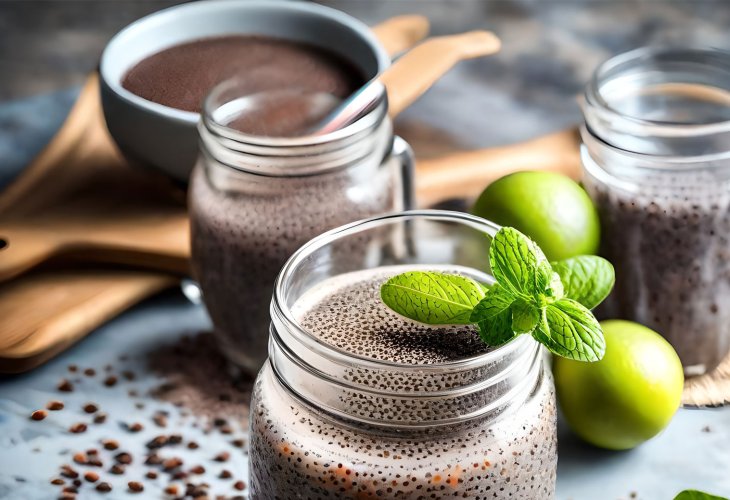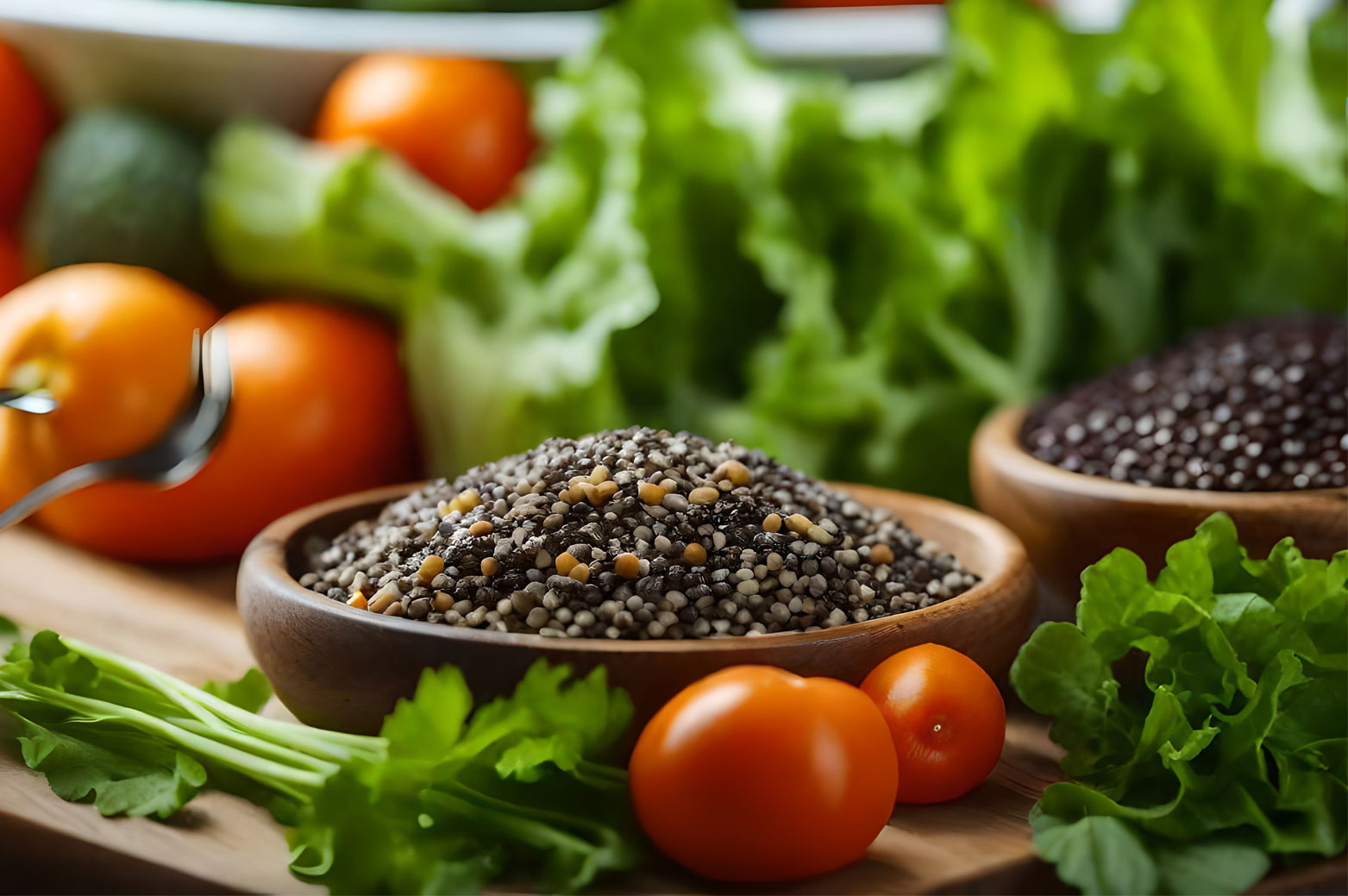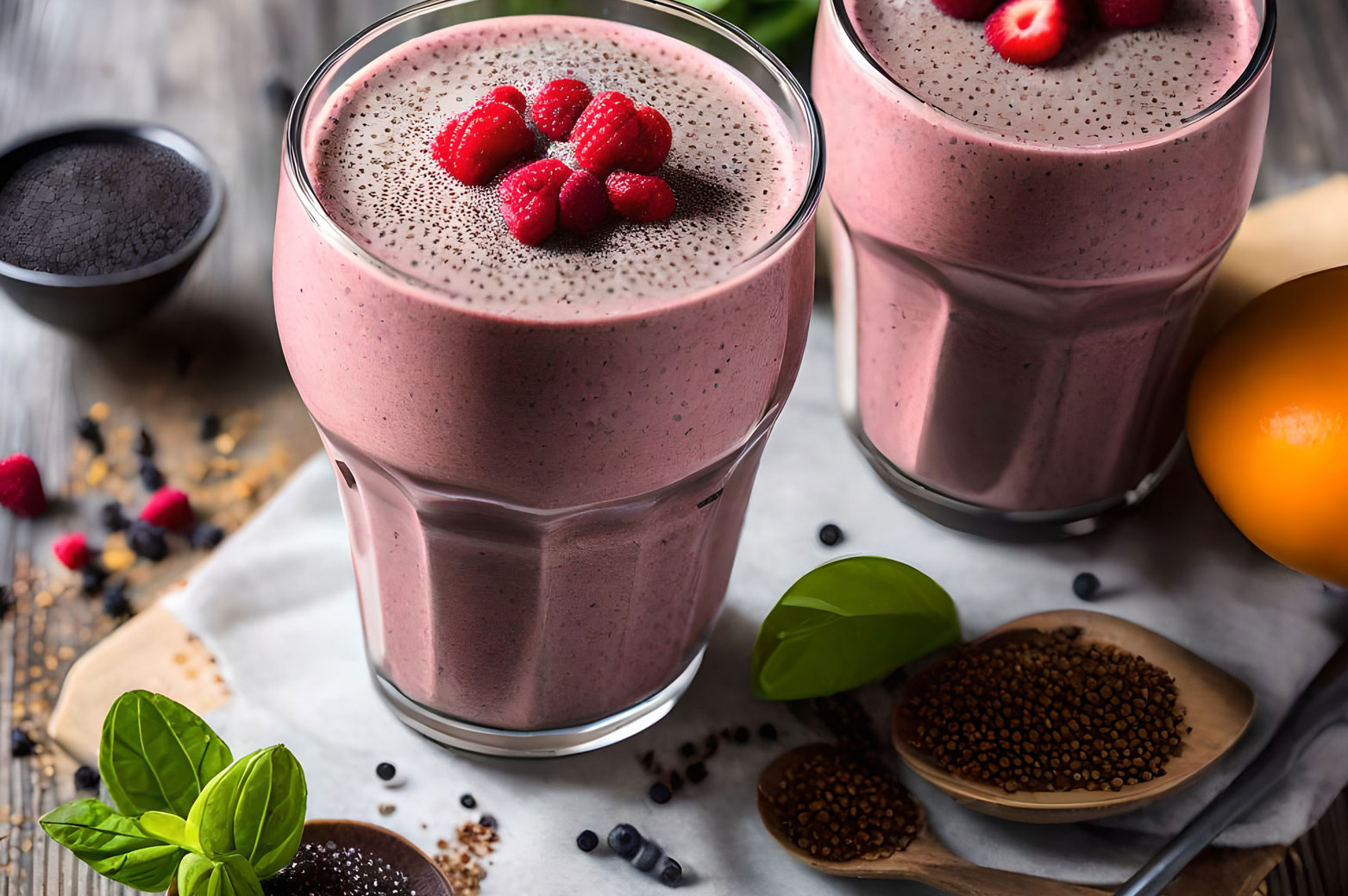Health and Nutrition
Are Chia Seeds Really a Superfood? Here's What Science Says
Discover the real health benefits of chia seeds — from weight loss to brain power, and how to use them safely

It sometimes seems like there's a new miracle food every week, promising to help us lose weight, heal chronic issues, and live longer, healthier lives. Every so often, a trendy ingredient rises to fame: kale, wheatgrass, seaweed, mushrooms, and we rush to stock up, hoping it’s the magic bullet we’ve been waiting for.
The truth is, no single food can do the job alone. Real health is a result of balance.
Chia seeds are certainly packed with nutrients and can be a valuable part of a healthy diet, especially for weight loss and wellness, but they’re not a stand-alone solution. In fact, their benefits are most powerful when they’re part of a well-rounded, nutritious lifestyle. Even then, moderation is key.
What Makes Chia Seeds Worth the Hype?
1. They’re Loaded with Fiber
Chia seeds are rich in dietary fiber, which helps you feel full longer. This is especially helpful for weight loss, as fiber slows down digestion and curbs hunger. It also regulates blood sugar levels, preventing energy crashes and reducing the urge to snack.

2. They Support Heart Health
Chia seeds contain omega-3 fatty acids, essential nutrients known to reduce cholesterol, blood pressure, and triglyceride levels. Omega-3s also support cardiovascular function and have been linked to healthy weight loss.
3. They Have Anti-Inflammatory Properties
Thanks to alpha-linolenic acid (ALA) — a plant-based omega-3, chia seeds help lower inflammation in the body. This can be especially beneficial for people dealing with chronic inflammatory conditions like arthritis, fatty liver disease, and even cancer. Their antioxidants also protect cells from damage caused by free radicals.
4. They Boost Brain Function
Omega-3s in chia seeds aren’t only good for your heart, but they are also vital for brain health. They support blood flow to the brain, protect neurons, and may reduce the risk of cognitive decline, including conditions like Alzheimer’s and dementia.
Chia seeds also contain protein, which helps repair brain cells and support memory and learning. Combined with fiber and antioxidants, chia seeds can enhance mental clarity, focus, and coordination. Some studies in animals even show improvements in memory and learning from regular chia seed intake.

5. They Promote Healthy Skin
Due to their antioxidant content, chia seeds help protect the skin from sun damage, reduce the appearance of wrinkles and age spots, and promote a more radiant complexion.
How to Eat Chia Seeds
Chia seeds are easy to add to your everyday meals:
Sprinkle into yogurt, muesli, or granola
Mix into smoothies, salads, or salad dressings
Add to oatmeal or baked goods
Stir into water for a simple fiber boost
Remember that a little goes a long way. The recommended daily serving is 1–2 tablespoons per day. Overconsumption may cause bloating, gas, or stomach discomfort.
If you’re taking medications, especially blood thinners or blood pressure medications, consult your doctor before adding chia seeds to your routine, as they may interact with certain prescriptions.
Chia seeds are an easy, nutrient-dense addition to a healthy lifestyle. They won’t cure everything, but when used wisely, they can support weight management, heart health, brain function, skin vitality, and overall well-being.
Keep in mind that superfoods are only “super” when they are eaten in the context of a balanced, mindful diet.

